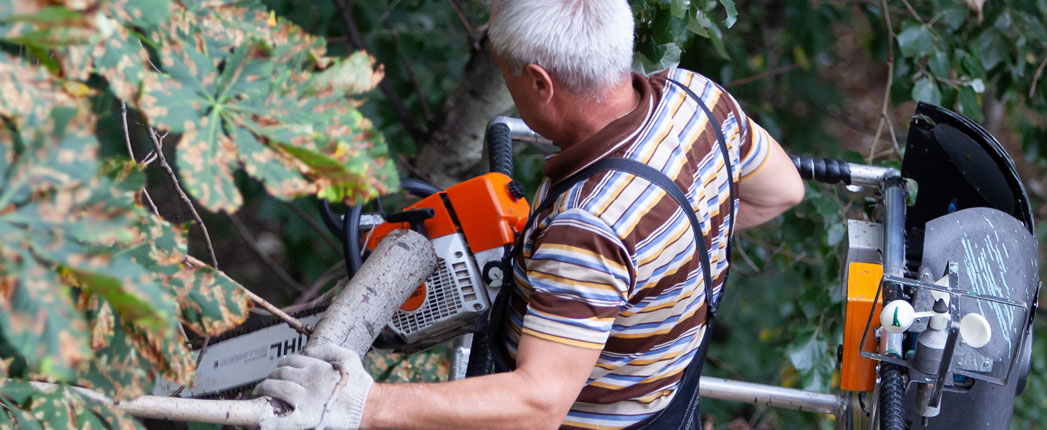
Stihl, a German agricultural equipment maker, recently started a campaign to fight entities that counterfeit its genuine machine lubricants and other products in Russia, a country where fake motor oils are often sold under popular brand names.
Since 2019, the company’s legal representative presented over 1,000 claims directly to the violators and filed over 500 claims in the courts in different regions of Russia, the company said last week.
“Stihl has more or less permanently had problems with counterfeit oils and other products using the Stihl trademark,” Martin Weller, the company’s general counsel and senior vice president for legal and intellectual property, told Lube Report. “Only in 2020, our Russian subsidiary filed hundreds of complaints in the courts to protect our trademark against counterfeits.”
Andreas Stihl AG & Co. KG produces lawn care equipment, such as chainsaws and lawn mowing machines. Its product portfolio also includes earth drilling rigs, sprayers, high-pressure and vacuum cleaners, as well as shredders and leaf blowing machines. For all of this machinery, the company recommends the use of genuine, original equipment manufacturer-branded fuels, lubricants and greases.
“Serial attacks aimed at the malicious market players is the best way to protect intellectual property,” said Vladimir Kudr, business development director at the Moscow-based law firm Intellectual Property, hired by Stihl.
“In 2019 we investigated the petrochemical and lubricant products market in Russia and concluded that it is vastly susceptible to piracy, much more compared to other retail niches, with toys for children being the number one market prone to piracy,” Kudr noted.
He said that fake oils can be found that are sold under practically all popular brands, and “even so, the level of prosecution by the rights holders is very low, limited to occasional cooperation with the law enforcement agencies at best.“
Last month the firm filed around 300 complaints in arbitration courts around the country, in such regions as Moscow, Tver, St. Petersburg, Tambov, Volgograd, Krasnoyarsk, Novosibirsk and the Republic of Dagestan.
According to the Russian arbitration court’s directory of cases that can be accessed online, the majority of the defendants are traders registered as sole proprietors or individual entrepreneurs, while a small number are retail firms. Most are based in the Moscow region.
To successfully prosecute the entities that sell fake products under its brand, Stihl’s agents locate the sale points and perform anonymous checkups and purchases of the counterfeits for material evidence.
“The company determined instances of the sale of oils with logo and markings identical to those used by the company at a level that can be confusing [for the end users],” according to the Krasnoyarsk arbitration court’s July 27 press release.
In the complaints, the German company claims that it has legally protected exclusive rights for use of its trademark and logo in Russia.
“Stihl has legal protection under the International Classification of Goods and Services, Class 4, that includes such products as industrial oils and greases, lubricants and liquid fuels,” the company stated in its complaint.
Most of the complaints demand compensation of 100,000 Russian rubles (U.S. $1,358) for every entity that violated Stihl’s exclusive right to its brand, as well as payment for the material evidence – the cost for the products bought at the plaintiffs’ premises.